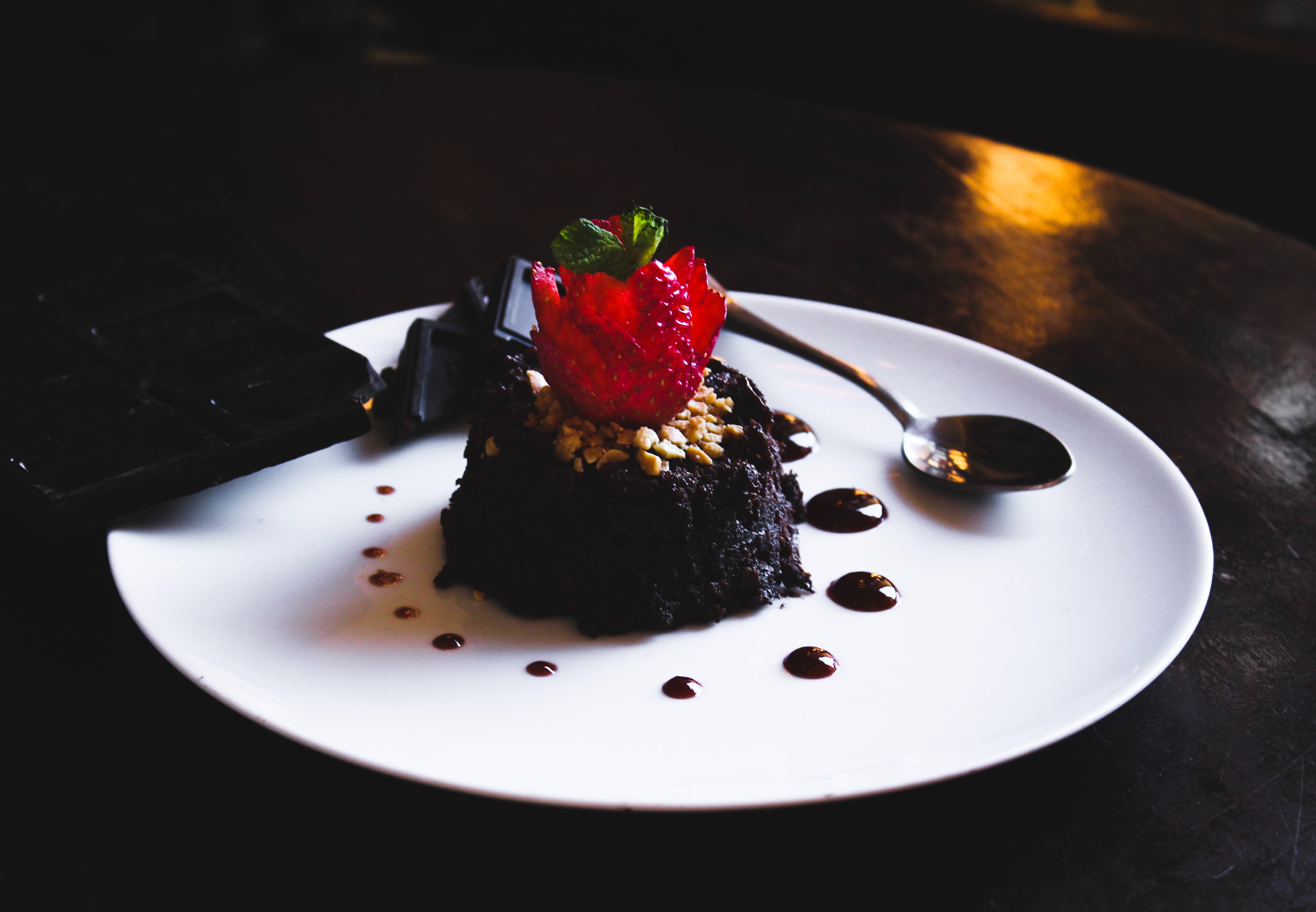Posted on:Aug 28 2020
Here’s some good news - no matter how fraught your daily life has been, is right now, and likely will be for the, what, next 10 months, we all have the ability to be kind. Starting right now.
It may seem like this most desirable of attributes has flown out the window when people are so stressed, and when something so basic as running errands puts us on edge, and when it feels like everyone has gone a little nuts.
But, truly, being kind is not only an excellent antidote to the wack out there, it’s also guaranteed to make you feel better.
While I have learned, via nature and nurture, that kindness is a great daily modus operandi, being kind is a particularly excellent coping skill right now, and here are a few reasons why :
-- being kind fosters connection to others and we’re all feeling pretty isolated these days,
-- being kind provides purpose and meaning to our life because it allows us to put our values into practice,
-- being kind diminishes our negative thoughts.
According to Emiliana Simon-Thomas, science director of the Greater Good Science Center at UC Berkeley, “Our attention isn’t something that’s infinitely expansive,” which means that what we’re feeling at any given moment pretty much relates to what we’re doing. So if we’re behaving kindly, that experience will occupy our emotion and we, literally, have less brain space for negative thoughts.
Drilling down a bit more, psychologists call kindness “altruism” and they talk of two types : reciprocal (you help someone because it will help you in some way, like donating to charity to receive a tax break) and pure (you have zero expectation of a reward). Humans evolved to do both, partly because we’re not the biggest, fastest or strongest animal in the kingdom so we needed to band together to survive.
Instead of survival of the fittest (what does that even mean these days?), imagine if we went with survival of the friendliest...
Granted some people are kinder than others, i.e. born with a particularly strong empathy trait, but nurture plays a role too; we learn kindness from our parents, family, and community. Or, sadly, maybe we don’t. Nevertheless, either way and over time, Life weighs on us and we can lose our connection to being kind. Which is why the fact that we can teach ourselves to be more kind is most excellent news--if you’re feeling like a scroogey, grumpy person, you can do something about it! Kindness is a skill we can strengthen, just as we would build a muscle, and if we strive to get ourselves in top kindness-fitness, we’ll end up changing our brain too. Kindness really can become a habit, part of our daily MO.
Here’s how this beautiful piece of evolution works : When we’re kind, a part of the reward system (the nucleus accumbens) activates and our brain responds the same way it would if we ate, say, a piece of chocolate cake. 😊 On top of that, when we see the response of the recipient of our kindness (a smile, a thank you), our brain releases oxytocin, aka the feel-good bonding hormone. This oxytocin boost streeeetches the pleasure of the experience, rather like bubbles enhance bathtime. And it all feels so good that your brain craves more, thereby setting up a really nice upward spiral - your brain learns that kindness is rewarding and it motivates you to do it again.
Let's all be jonesin’ for that!
And if you really want to reap the personal benefits, prime yourself to be sincere and to expect a good result. This seems pretty baked into the definition, but there’s science behind it too - people who believe kindness is good for them showed both a greater increase in positive emotions (life satisfaction, connection with others) and a greater decrease in negative emotions. IOW, go all in.
In our modern world, there are innumerable ways to share moments of connection - use that flat shiny thing for connection and kindness.
There are also so many things we can do because, remember, kindness isn’t just about the grand gesture - the little gestures pack a mighty oxytocin punch too - holding a door open, smiling with eye contact, saying thank you and you're welcome, letting someone merge. Indeed, in less than a minute, you can do something that costs nothing and will change someone’s day!
Not to be a debbie-downer, but it is possible, especially in our current world, that you’ll do a kind thing and it’ll completely blow by the recipient. This is a bummer, but here’s where we leverage the above-mentioned expect-a-good-result approach.
Swing and a miss happens to us all.
Stay in the game, keep nibbling away at your chocolate cake.
Kindness begets kindness.
